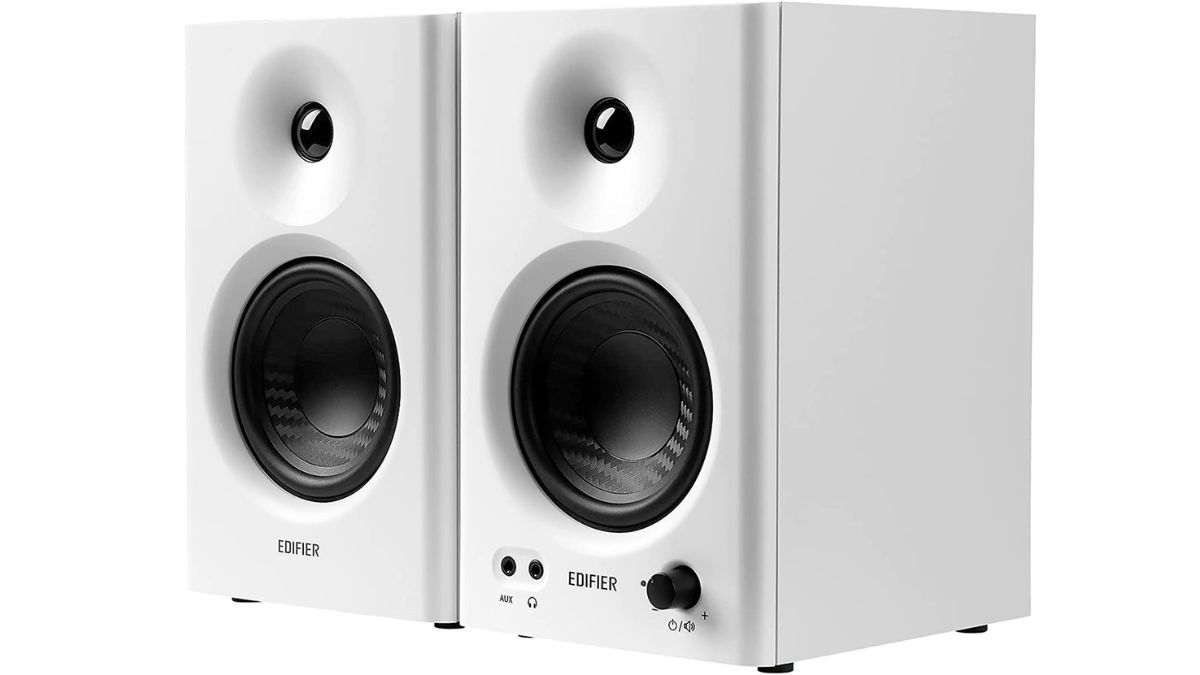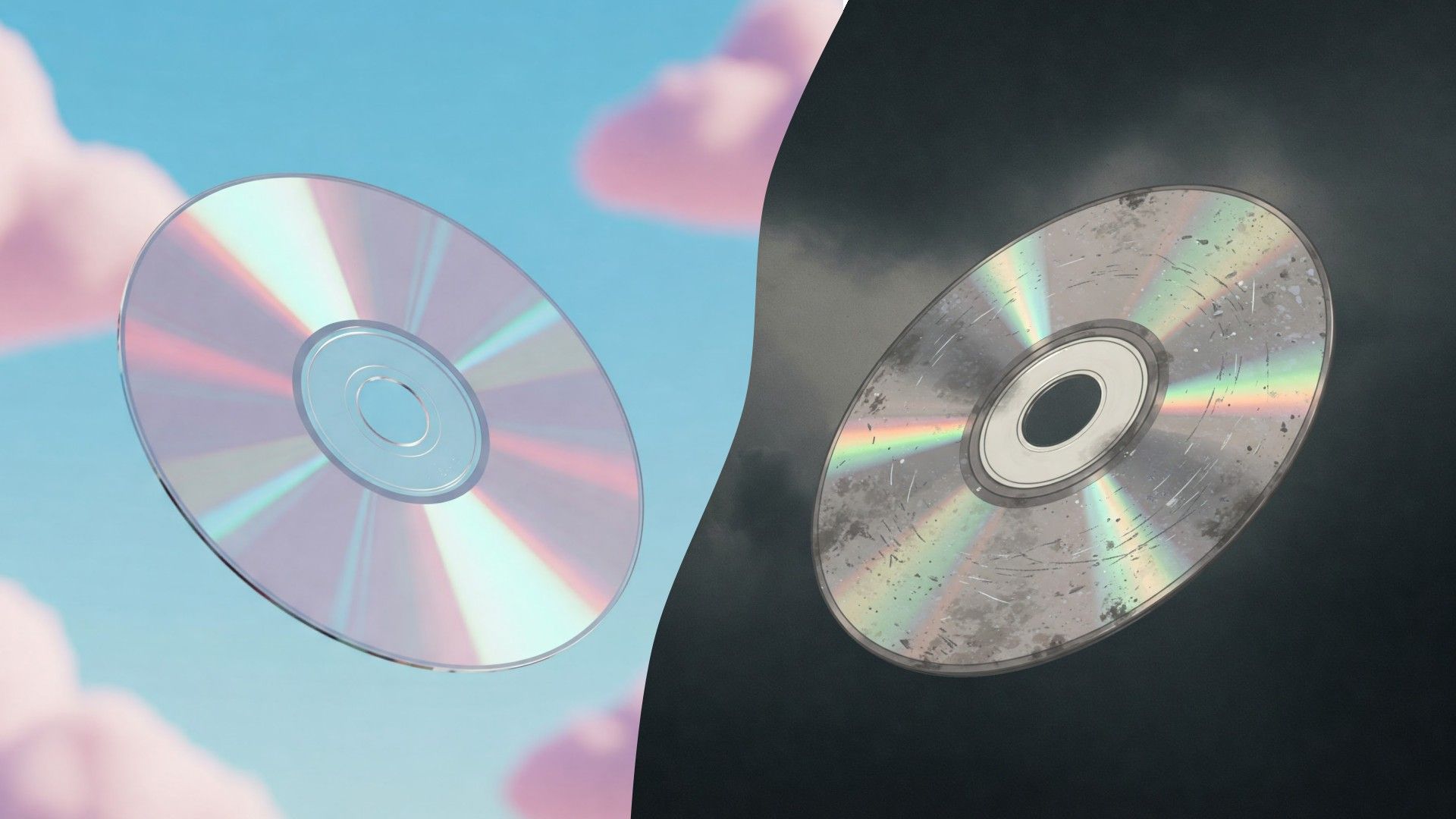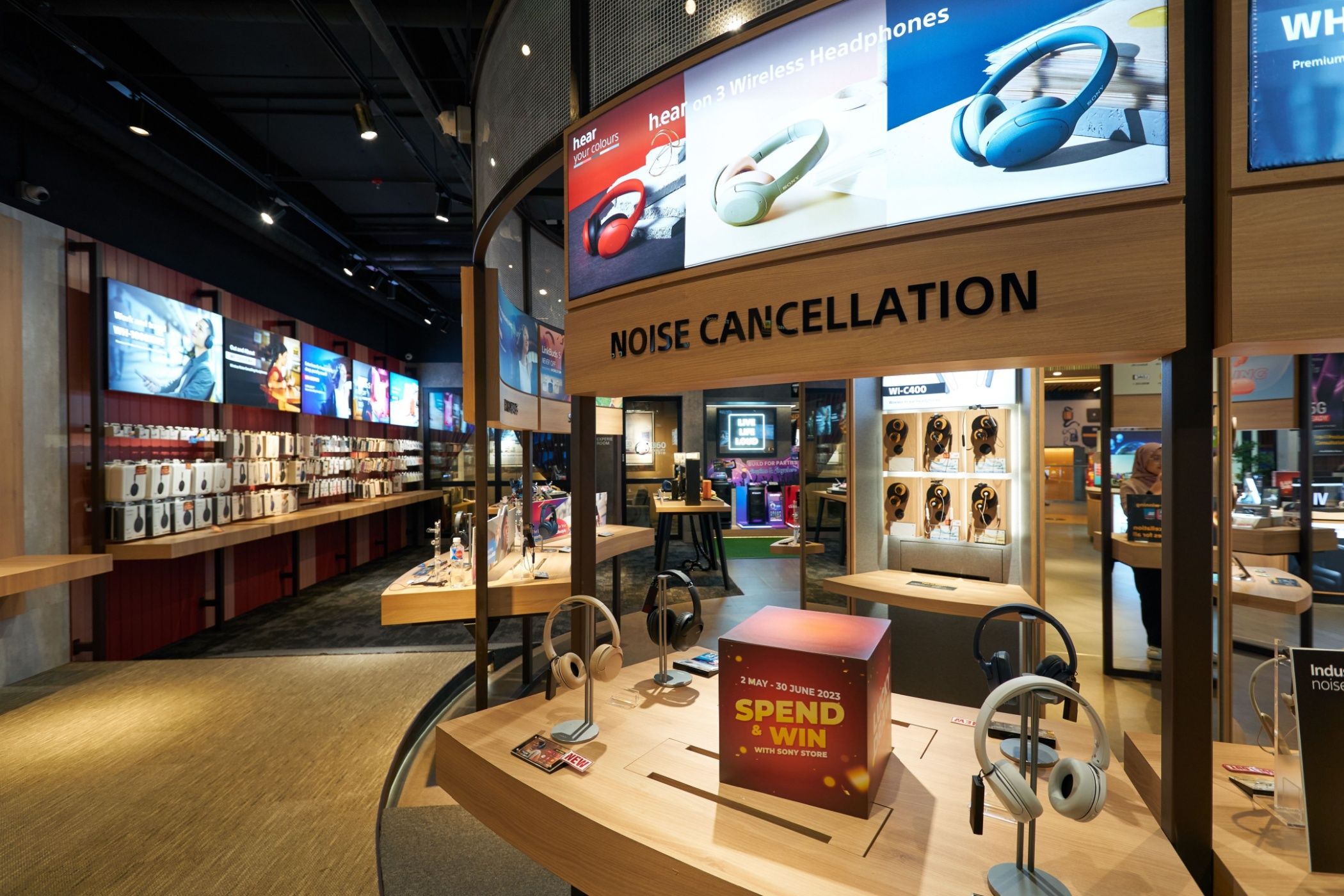While looking for music on services like Spotify, you may have noticed two versions of a song or album, with one labeled “remastered”. But, what does this actually mean? Is that better?
First, What’s “Mastering” in Music?
To understand remastering, we first need to understand mastering itself. Mastering is the final step in music production before a song is released. The studio engineer hands over the final stereo mix of the recording to a specialist mastering engineer who uses special high-end reference music equipment, in a specially treated room.

Related
This mastering engineer then carefully tunes the music’s high, mid, and low frequencies. They adjust the dynamics of the music so that the loud parts aren’t too loud, and the quiet parts aren’t too quiet. The sound stage, which usually means where things are placed in the stereo “picture” of the audio, gets fine-tuned and finalized during mastering too.
The final mastered version of the music is what becomes the reference for the recording, and all future distributions are based on it.
Mastering Methods Change With the Times
Mastering is an art, not a science. So two different engineers won’t master something in exactly the same way, and mastering goes through different fads and fashions over time as well. Such as the “loudness war” that ruined quite a lot of music from the 90s and 2000s in my opinion.

Related
The Rise and Fall of CDs (And Why They’re Coming Back)
Reports of the CD’s death are greatly exaggerated.
Add to that, you have to master differently for vinyl versus CD, because vinyl has different physical constraints than CDs, requiring adjustments to dynamic range and frequency response during mastering.
Remastered Songs Can Sound Much Better on Modern Equipment
When you have a streaming service with millions of songs spanning many decades, you’re going to have some music that sounds great on modern audio systems, and others that sound dull and lifeless. Which is why it’s sometimes worth mastering older songs again with modern listening equipment in mind.

Related
When both your media and equipment can produce sound that is detailed, dynamic, with a wide soundstage, you can remaster music to sound like it was recorded recently, rather than in the 80s or 90s. It’s also worth noting that in the early days of CDs, engineers were still refining their approach to digital mastering, learning how to take full advantage of the format compared to the constraints of vinyl or cassette tapes. Which means that modern engineers taking a second crack at mastering those tracks can get more out of them.
But, They Can Sound Worse
The thing about mastering, is that it’s largely subjective. Barring some technical requirements for mastering that every engineer does, there’s a lot of leeway. So you might like one approach to mastering a song, but not another. There’s also something to be said for the character of a song and the era it’s from.
Sometimes the way a song was originally mastered is part of its identity, so a remaster just sounds like a weird modern cover, even if it’s from the same original recording. Of course, sometimes remasters sound worse because they reduce the quality of the song, which is what we saw with remasters of old songs during the height of the loudness war, in which case a more recent remaster might actually recover lost detail and nuance from those tracks.
The Original Masters Aren’t Going Anywhere
I’m always excited to see that there are remastered versions of my favorite songs on streaming services. It’s always fun to hear a new approach to mixing and mastering a song.
If I don’t like the new remaster, all I have to do is stick with the original. The new remaster doesn’t replace the original, and whether it’s on an original physical album or on a streaming service, we’ll always have access to the original. At least I hope we do!
So to answer the question I posed at the start—yes you should listen to the remastered version of songs, since the worst that can happen is that you don’t like it and then never listen to it again. On the other hand, you might discover more in your music that was hidden by the limitations of its time.






